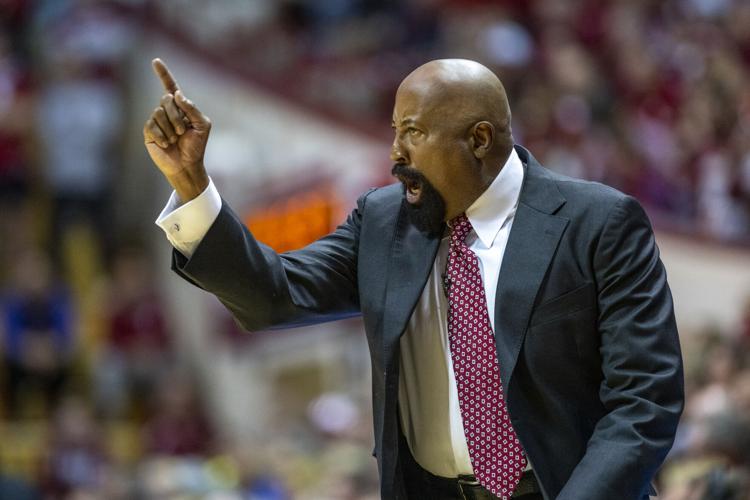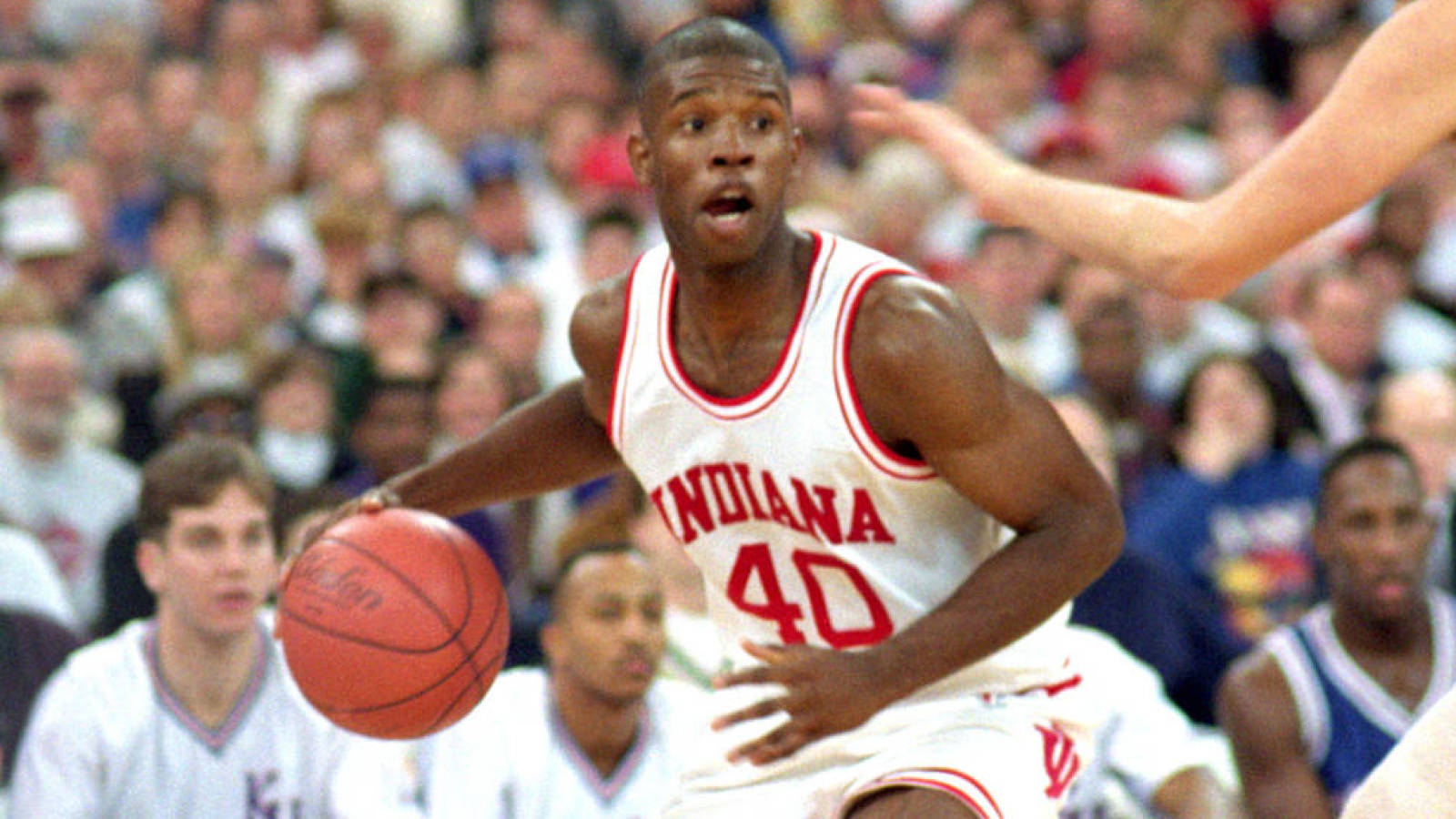
BLOOMINGTON – Iconic as he was controversial, Bob Knight for decades embodied the spirit of basketball in a corner of the world mad about it. His hard-nosed, fundamentals-driven style and attention to detail became deeply rooted in the culture of the sport for basketball fans in southern Indiana and elsewhere, his admirers standing as ardently by him as his critics often chastised him.
At the height of his success at Indiana University, few in the sport were more recognizable, or more noteworthy.

Knight died in Bloomington, according to a post on bobknight.com, a website that represents Knight and his foundation. The school later confirmed Knight’s death, announcing his passing ahead of IU women’s exhibition game Wednesday at Assembly Hall. He was 83.
Knight was renowned for his extremes — an irrepressible winning habit juxtaposed against a fiery temper — which brought him both fame and notoriety. Each helped define one of college basketball’s most distinctive personalities for his 42 years as a head coach.
An Orrville, Ohio, native who played at Ohio State collegiately, Robert Montgomery Knight was part of Fred Taylor’s 1960 national championship-winning team that also included future NBA hall-of-famers John Havlicek and Jerry Lucas.
Knight would make his greatest impact running his own sideline. After graduating from Ohio State, Knight briefly worked as a high school assistant before taking a similar position at Army, under Tates Locke. He replaced Locke as head coach in West Point in 1965. 
Over six seasons, Knight won 102 games at Army, with four 18-win seasons and only one year under .500. That work prompted the move that would come to define both Knight’s career and the program that lured him away from the service academy.
In 1971, Knight was hired as head coach at Indiana, a Big Ten school with two national championships but some ways removed from its best years under Branch McCracken. Knight almost immediately restored the Hoosiers among college basketball’s elite, advancing to the Final Four in his second season and winning a national title in his fifth.
Leave a Reply